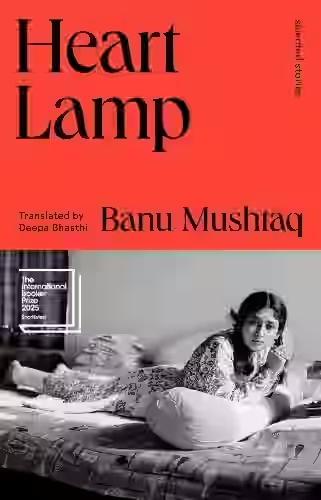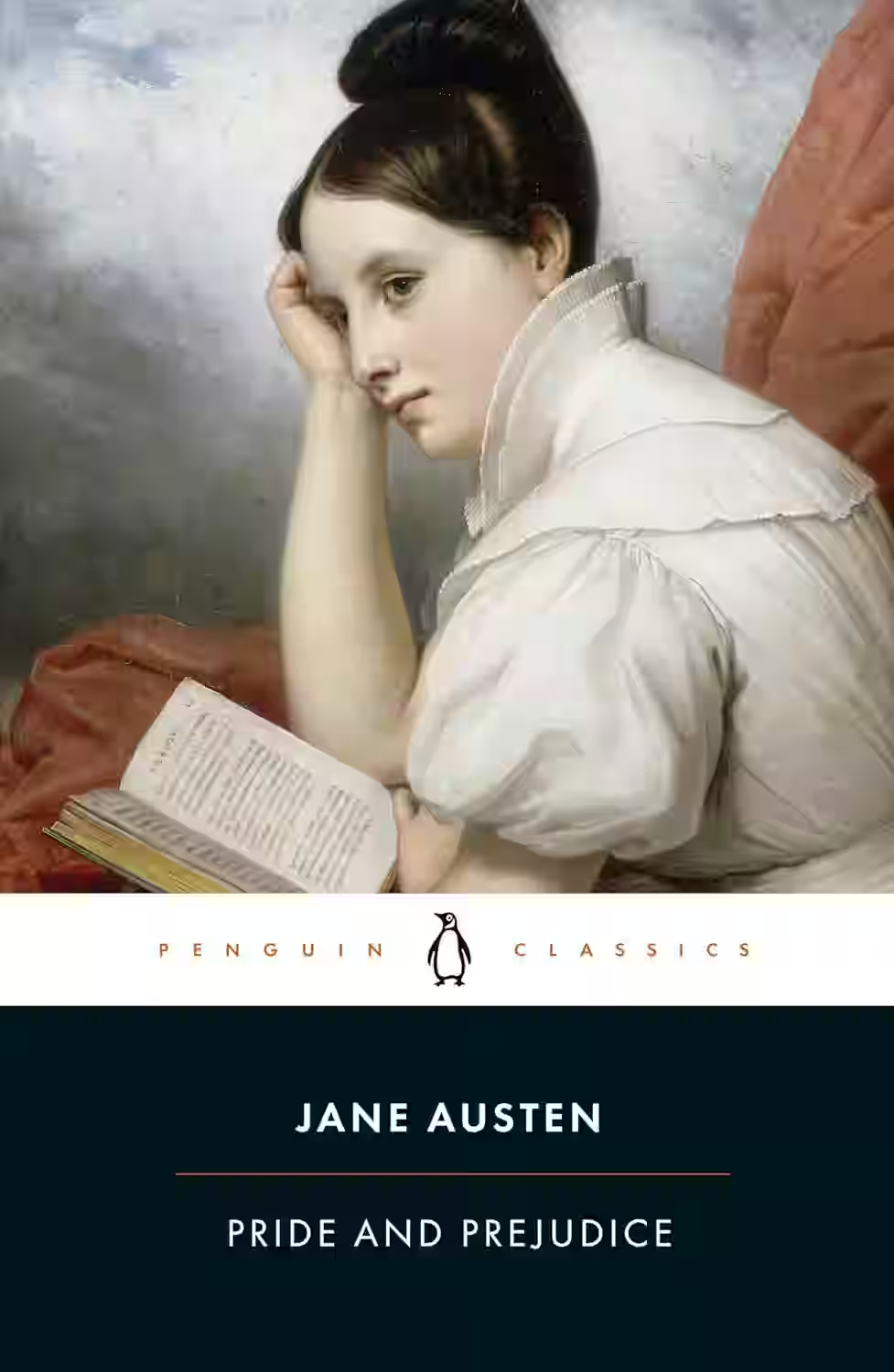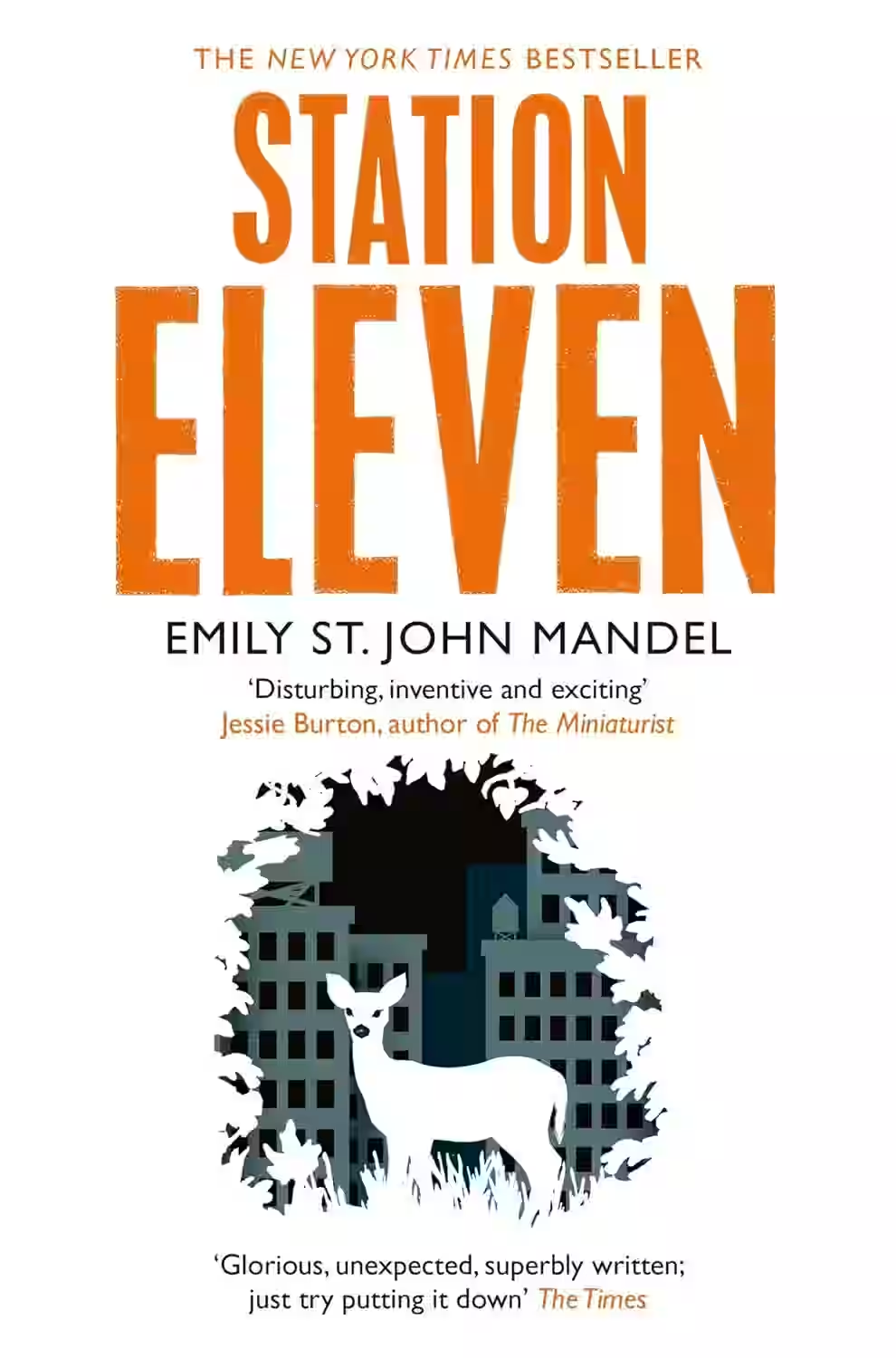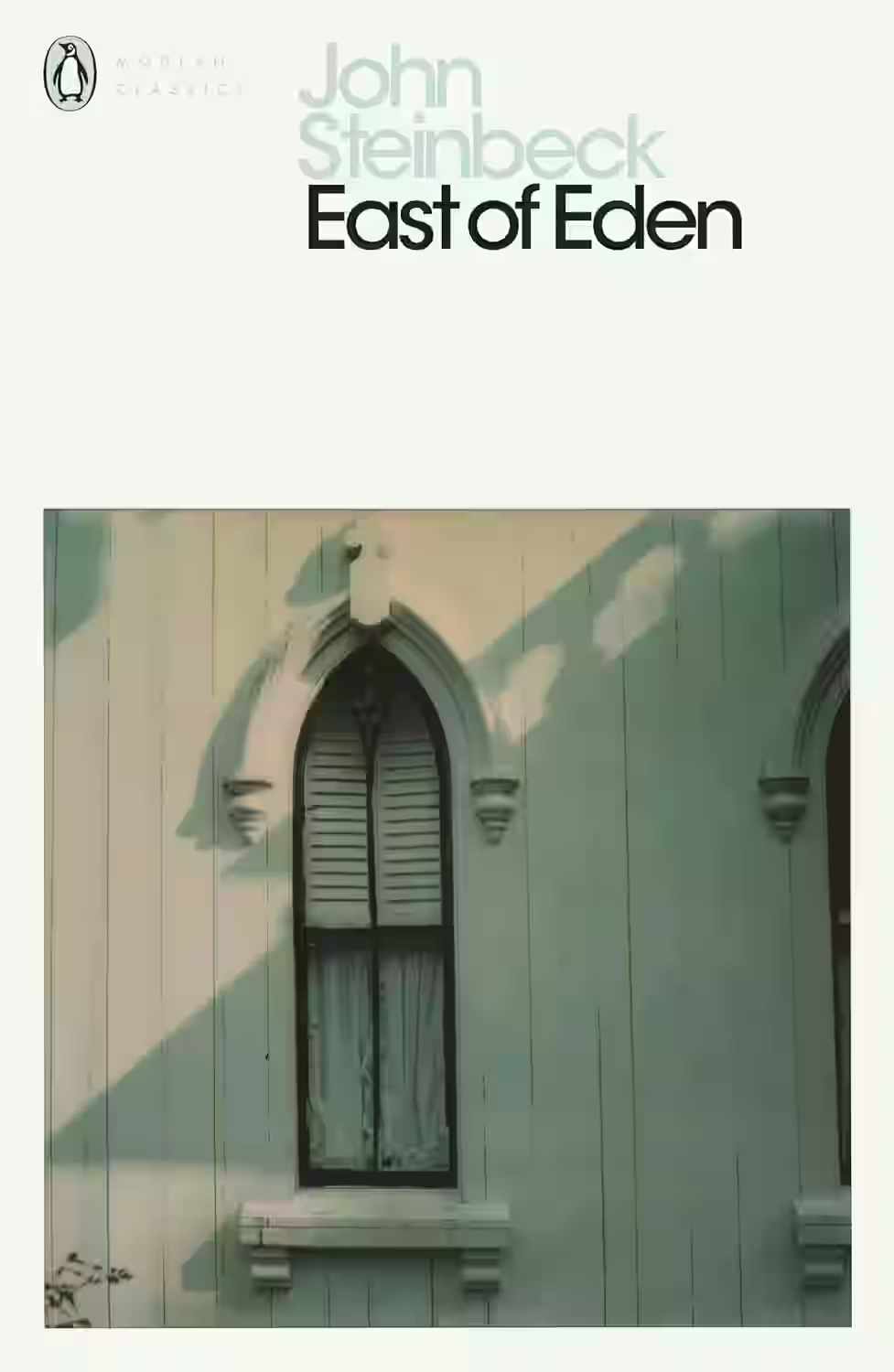
Banu Mushtaq's "Heart Lamp," translated by Deepa Bhasthi, is the groundbreaking winner of the 2025 International Booker Prize. This collection of twelve short stories, written over three decades, offers exquisite and often poignant insights into the everyday lives of women and girls in Muslim communities across southern India. Mushtaq, a lawyer and activist, draws on her years tirelessly championing women's rights and protesting oppression, infusing her narratives with wit, vivid imagery, and a compelling blend of colloquial and excoriating tones. The stories delve into themes of family, community tensions, reproductive rights, faith, caste, power, and oppression, showcasing the resilience, resistance, and sisterhood of her characters. "Heart Lamp" is celebrated for its radical translation, which preserves the multilingual richness of southern India, creating "new textures in a plurality of Englishes."
About Banu Mushtaq
Banu Mushtaq, a prolific writer born in Lahore, Pakistan, is celebrated for her poignant storytelling and masterful prose. Growing up in the rich cultural tapestry of Lahore, she developed a deep appreciation for the power of words and narratives. Her works often explore themes of identity, family dynamics, and the human experience with a keen eye for detail and nuance. Mushtaq's novel 'Whispers of the Heart' garnered critical acclaim for its lyrical language and compelling characters, solidifying her position as a leading voice in contemporary South Asian literature. Through her evocative writing, Banu Mushtaq continues to captivate readers worldwide and leave a lasting impact on the literary landscape.
Similar Books

Pride and Prejudice
by Jane Austen
This beloved classic follows the spirited Elizabeth Bennet as she navigates love, marriage, and social status in Georgian-era England. When the wealthy and proud Mr. Darcy enters her life, their mutual prejudices create a complex dance of misunderstanding and growth. Through razor-sharp wit and social commentary, Austen crafts a timeless romance while critiquing class, marriage, and gender roles in 19th-century society.

A Short Stay in Hell
In 'A Short Stay in Hell' by Steven L. Peck, the protagonist Soren Johansson finds himself in a vast library after his death, where he discovers that his version of the afterlife involves an eternity of reading every book ever written in a search for the one that contains the story of his own life. As Soren grapples with the incomprehensible scale of the library and the philosophical implications of his new reality, the book delves into profound themes of existence, free will, and the nature of consciousness. Peck's exploration of the limits of human knowledge and the vastness of the universe will challenge readers' perspectives on life and death.

Station Eleven
Station Eleven by Emily St. John Mandel is a haunting and beautifully written novel set in the aftermath of a devastating pandemic. It weaves together the lives of a Hollywood actor, a nomadic group of performers, and survivors clinging to remnants of the old world. Spanning decades and shifting between past and future, the story explores memory, art, and human connection in the face of collapse. As the Traveling Symphony brings Shakespeare to scattered settlements, Mandel examines what remains when everything else is lost. A moving, literary tale of resilience and the enduring power of storytelling.

East of Eden
Set in the rich farmland of the Salinas Valley, California, this powerful, often brutal novel, follows the interwined destinies of two families - the Trasks and the Hamiltons - whose generations hopelessly re-enact the fall of Adam and Eve and the poisonous rivalry of Cain and Abel. Here Steinbeck created some of his most memorable characters and explored his most enduring themes- the mystery of indentity; the inexplicability of love, and the murderous consequences of love's absence.